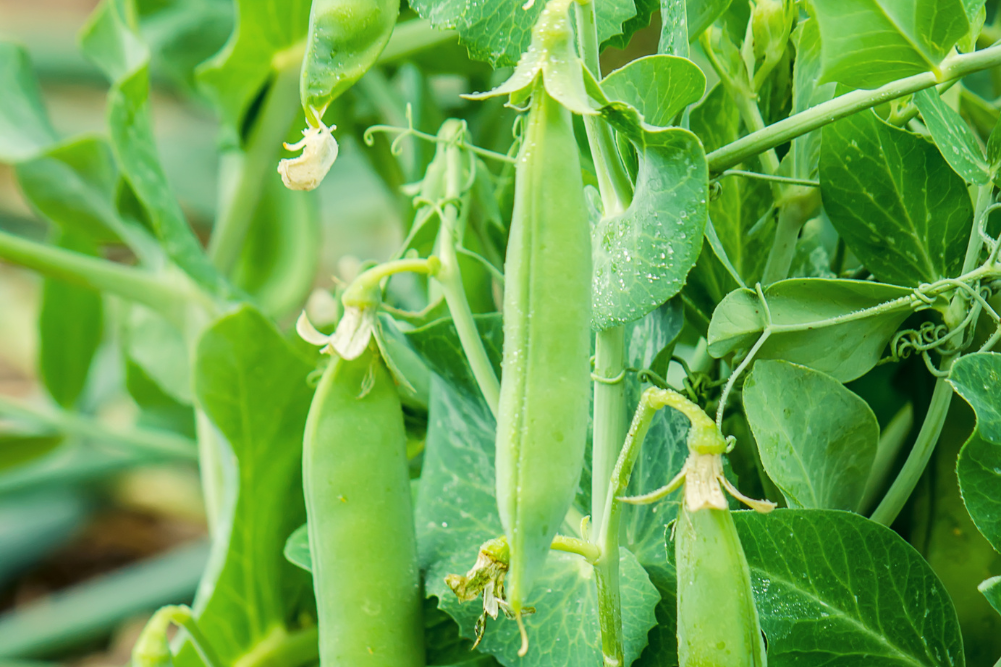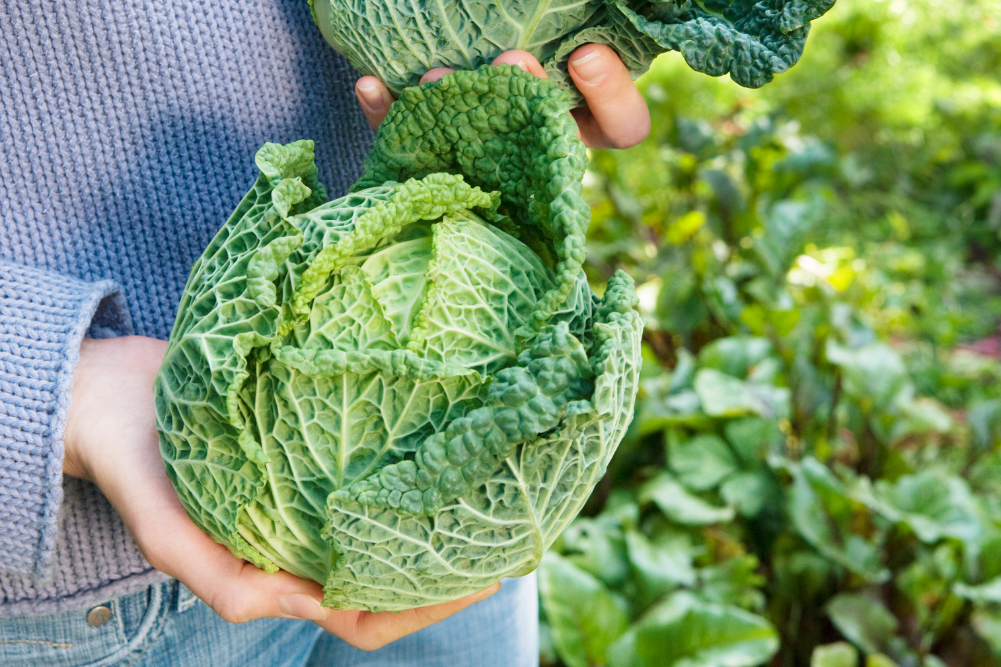The Pulse
Keep your finger on the pulse with these featuring stories: Ant honey, a traditional remedy for First Nations people, has proven effective against bacteria and fungi. Plus, it fosters reasoning skills in children through diet, reading, and sports. Kombucha emerges as a potential aid in managing diabetes, with significant reductions in fasting blood glucose levels observed in a study.
Ant honey heals
The Australian honeypot ant is found throughout desert areas of the Northern Territory and Western Australia. Among the worker ants are some that are overfed with nectar so that their abdomens inflate and become translucent as they are filled with honey. These ants become mobile feeding machines for the rest of the colony. For millennia Australia’s First Nations people have been using the honey from these ants to treat sore throats and infections. Now modern research is catching up with the First Nations’ knowledge. University of Sydney researchers have found that ant honey is effective against Staphylococcus aureus (golden staph) bacteria as well as species of fungi including Aspergillus and Cryptococcus. Analysis has revealed that ant honey acts via a different mechanism from manuka honey. As this mechanism is understood it could provide a starting point for new ranges of antibiotics.
Source: PeerJ
Building reasoning in kids
Reasoning skills are necessary for children to learn, perform academically and solve problems in daily life. In a new study that took place over two years, almost 400 children were assessed for their diet, physical activity, sedentary behaviour and cognition levels. Parental education, child’s weight and the child’s maturity levels were also taken into account. Results showed that children with better overall diet quality, lower red meat consumption and higher low-fat dairy product intake showed better reasoning skills. Children who spent more time reading and participating in organised sport also showed better reasoning skills. Conversely, those who spent excessive time on a computer and in unsupervised leisure exhibited poorer reasoning. The researchers concluded that investing in a healthy diet and encouraging children to read are two beneficial factors in supporting the capacity to reason.
Source: Scandinavian Journal of Medicine & Science in Sports
Kombucha for diabetes
Kombucha is a tea fermented with bacteria and yeasts. It has been consumed in China for more than 2000 years, but in recent times a range of kombucha drinks have become available around the world. A new study divided a group of diabetics into two subgroups: one that had 240mls of kombucha daily for a month and another that drank a placebo. After a two-month period that served as a “wash-out”, the groups swapped and spent four weeks drinking the other beverage. The results showed that drinking kombucha dropped average fasting blood glucose levels from 164 to 116 milligrams per decilitre (US guidelines put recommended levels at between 70 and 130mg). Analysis of the kombucha revealed that it was comprised mainly of lactic acid bacteria, acetic acid bacteria and a yeast called dekkera. It points to kombucha being a useful dietary intervention in diabetes.
Source: Frontiers in Nutrition








